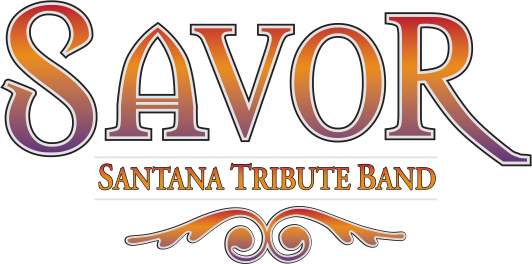The COVID-19 pandemic has left no one person untouched in the U.S. Working from home, social distancing, having groceries delivered, wearing masks in public and a social life limited to zoom calls with your family and friends are all novel things that have suddenly become part of the everyday fabric of life.
All of us have had to learn to cope with the reality of a potentially deadly virus ripping through the population, and the sacrifices that we need to make to limit the damage. But those who make their living off of live entertainment are being hit especially hard by the complete disruption of life as we know it.
Coronavirus fall-out in the music industry
With public gatherings being shut down all over the world, musical appearances at weddings, concert tours, live shows and festivals have all been cancelled until further notice. The great majority of people employed in the music industry work on a freelance basis. From performers to stage hands to those who work behind the scenes in sales and marketing, there is no safety net. Unless the show goes on, nobody is getting paid.
And this pandemic is happening at a time where we’re already seeing a steep decline in the recording industry, because the way people obtain and listen to music has changed. It wasn’t that long ago that a consumer had to buy a physical product in the form of a record, tape or CD, in order to gain possession of music from their favorite band. This type of transaction made it easier to tie the profits from the sale of music directly to the artist and recording studio from which it had been produced.
Fast forward to the 21st century and consumers are getting their music in single units from apps and streaming services. As a result, profits are progressively shifting away from record labels and recording artists, and a pandemic-induced, global economic downturn does not help.
How musicians can adapt
If you’re a “gig musician” and have lost your regular job performing at live events, you’ll need to figure out new ways to incentivize yourself to play, build a fanbase and even replace some of the lost income. Think about releasing recordings or live-streaming on platforms like Instagram, Facebook, Twitch or YouTube. Come up with ways to stay accountable and engage your fans, like announce a challenge: “seven songs for seven days of quarantine”. Just knowing they’re waiting to hear what you’ve put together might give you the push you need to start/keep writing.
Online performances are a good way to raise your profile on social media and help build a following as people share your music with others. You can also set up a payment method, such as Venmo, Zelle or PayPal, through which people can donate if they like what they hear. Even small amounts will add up. It takes creativity, but if you persevere, you can emerge from the lockdown with a bigger fanbase and perhaps even a new catalog of work.

